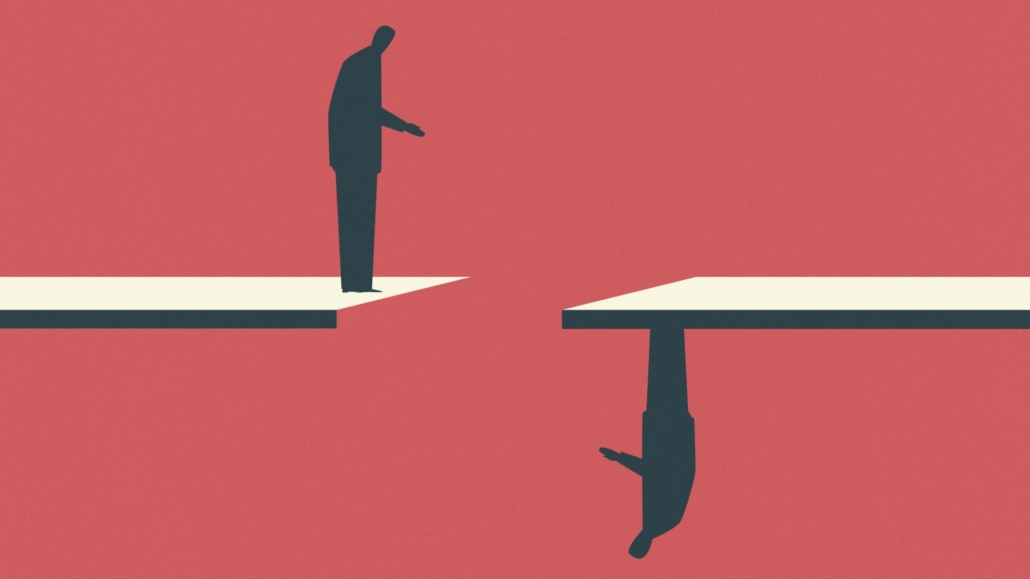How Coaches Can Use Neuroscience To Improve Coaching Results

Executive coaching on a worldwide level has picked up steam as a valuable element of leadership development, and neuroscience provides us with a better understanding of the inner workings of our brain. Neuroscience studies the nervous system, the brain, the sensory nerve cells, and the neurons throughout the body. What are some things coaches can do to improve brain power in clients?
Reframe The Problem To Gain A New Perspective
Sometimes we underestimate the power of reframing an obstacle through conversation, clarification or a challenging question. All of this will reflect that crucial “Aha” moment where you respond to a situation in a new light because you have been informed.
When a client experiences stress and strong emotions, it can reduce the processing power of the brain. Instead, use reframing to unhook your client from the emotional triggers so that they can respond more appropriately and resolve the problem.
Matt Liberman, a professor and social cognitive neuroscience lab director at UCLA, calls this the braking system of the brain. You activate it to reduce the intensity in the brain. Studies have shown the best way to power up the braking system is through the labeling of an emotion with simple words. When you try to suppress the emotion, it has the opposite effect of strengthening it.
Improve Concentration: Juggle or Workout
Have a client who is struggling with concentration? Several studies suggest aerobic exercise improves the generation of new neurons within the hippocampus of the brain. This process is known as neurogenesis and improves a person’s memory.
Juggling is one of the few aerobic exercises you can do in a small space. Research has proven juggling increases the gray matter within the brain, and one study even showed it could make you smarter in just seven days. Along with toning your body and strengthening your core, you are also improving your mind through problem solving skills.
Exercise, both aerobic workout and strength training, has also been known to amplify the neurochemicals to promote differentiation, growth, survival and repair of brain cells. Neurochemicals serve a quintessential role in both mood and mental health.
Juggling sharpens your concentration because you can’t just throw the balls up and keep the flow going. To truly succeed, you have to stay concentrated, and this raw focus of your mind can permeate into other areas of your life.
Increase Brain Power With Puzzles
How to increase brain power can be done via a variety of different means, but puzzles have been a perfect way to increase your brainpower. Puzzles strengthen the connections between the brain cells, and these connections will later be used for improved thinking speed, and are great for short-term memory. A challenging puzzle is great because it forces both coaches and their clients to think in new and creative ways. It trains the mind to work in original ways, and you have to experiment and apply the process of elimination to unlock the mystery of a puzzle.
Different parts of the brain will work together in a whole brain approach to resolve the puzzle problem. Educators will also tell you how they have found that a whole brain approach has been effective for a deeper and longer lasting memory. Coaches could use that knowledge to make their clients more effective at their work. With a puzzle you can do anywhere like a soma cube, you and your client can use spare time to make the brain more effective. Soma cube is a solid dissection puzzle where you assemble 3x3x3 cubes to make a number of different 3-D shapes.
Get Vitamin D
When Vitamin D receptors activate, they increase nerve growth in the brain, and researchers have found metabolic pathways for Vitamin D within both the cerebellum and the hippocampus. Adults with low Vitamin D have shown poor brain function. The most common way to get Vitamin D is through activity in the sun.
One of the best ways a coach can improve their client’s brain power is through the constant challenge of their potential. You have to keep pushing them, and this will improve both the size and the structure of the neurons. Learning has proven to be a powerful way of igniting brain power and getting to the next level of cognitive thinking.
About the Author:
Yazi Jepson is an inspired writer who enjoys writing about personal growth, self-help tips, and women’s lifestyle. She sometimes writes for Streeterlaw, a firm that helps their clients resolve disputes, preserve and protect their legal rights. In her parallel life, she loves reading and finding her own way to balance her time between writing, baking cakes, and personal training.






